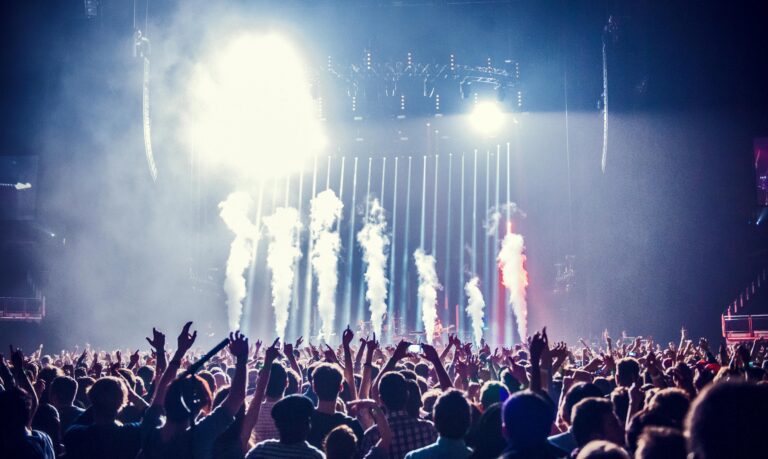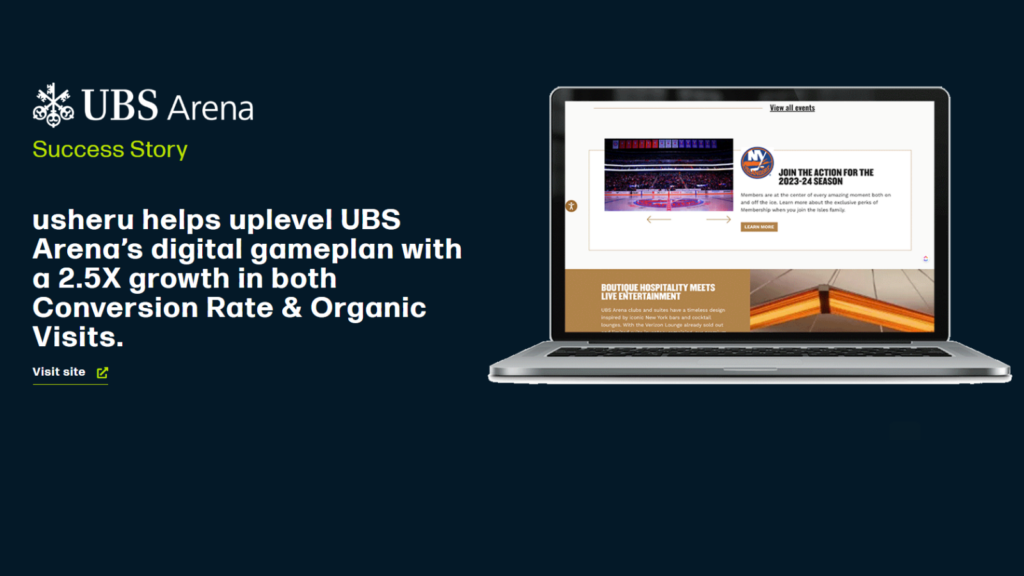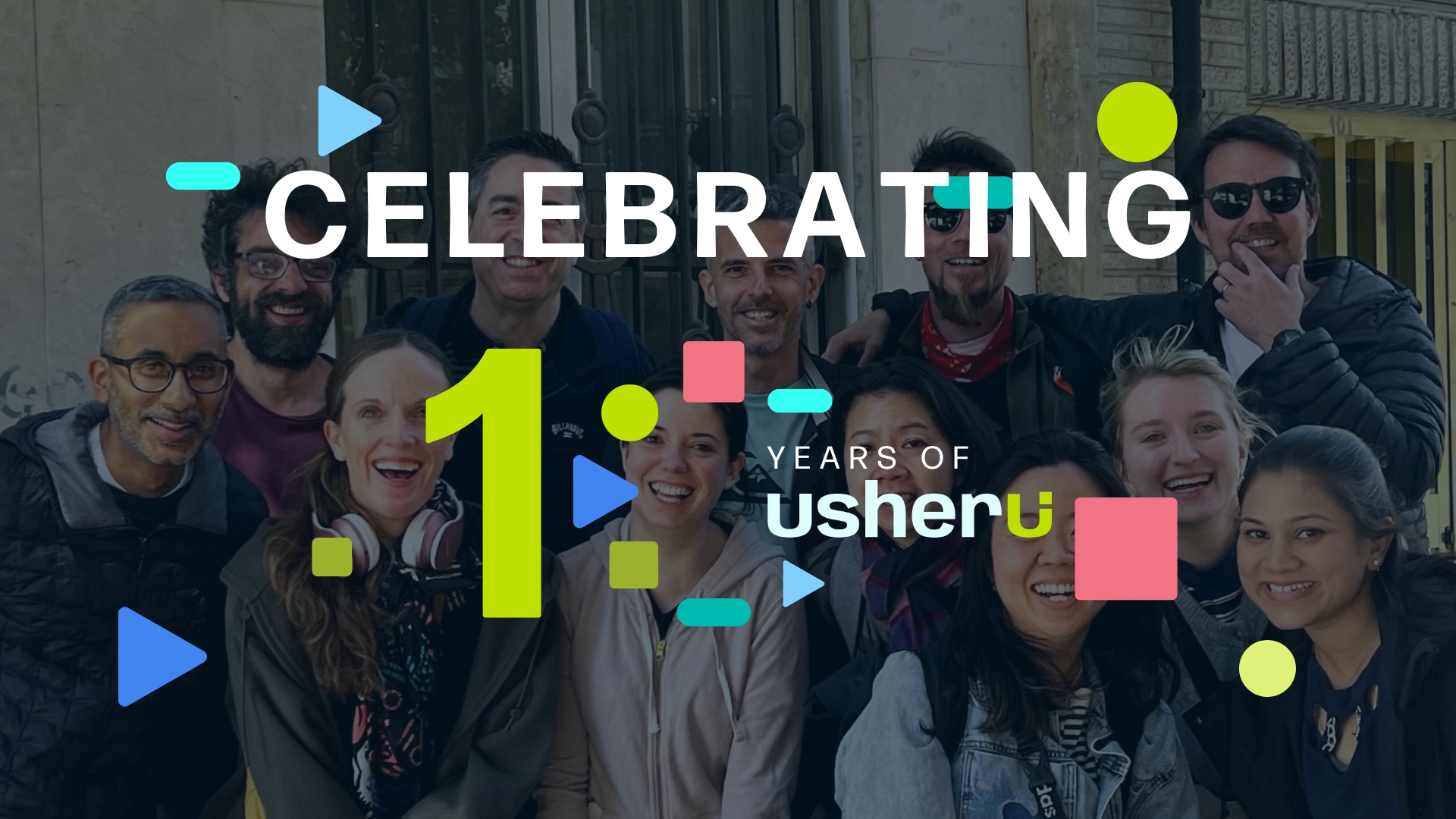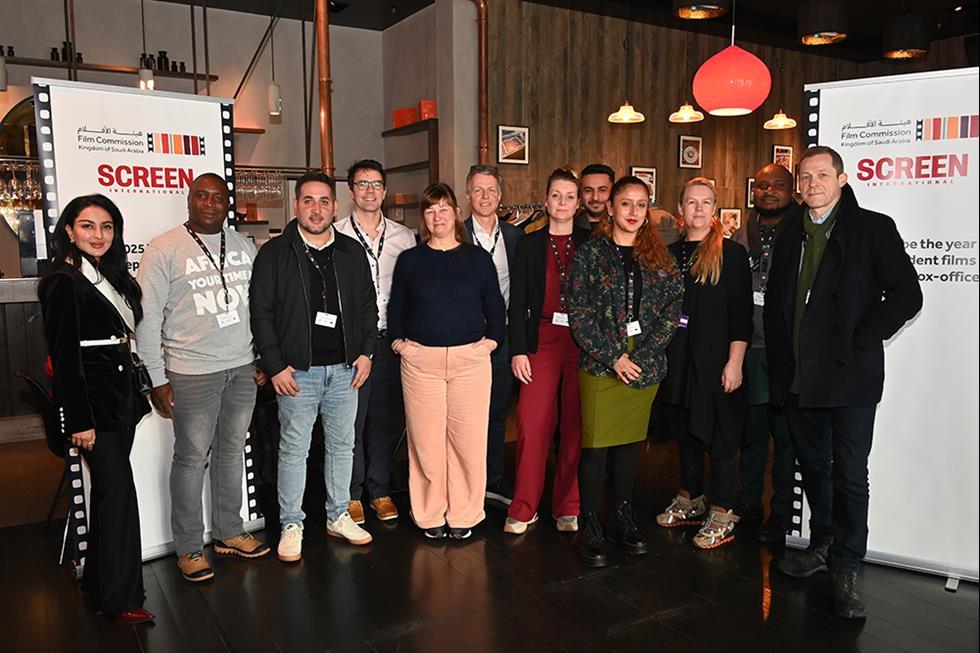NEW DATE ADDED. Three words that can be music to the ears of promoters and venue leaders. Adding dates is good business and sometimes even a part of the live event marketing playbook.
But when an additional show is an afterthought? The buzz from the initial announcement and presale could be long gone. Investing in a strong digital marketing foundation is a must when your team is surprised with an additional 10,000 tickets to sell.
Lets break down some event marketing strategies and share real-world examples of lifecycle marketing that can convert those multiple nights into multiple SOLD OUT stops.
1. Understanding the Multi-Night Marketing Lifecycle
Marketing a single event means focusing all efforts on a singular moment — one show, one day, one ticket. With a multi-night event, however, marketers must consider ticket demand across multiple dates, ensuring that enthusiasm remains high beyond the initial rush. When we look at the timeline for a one-day event versus a multi-night event we are met with different needs in order to ensure success. By having a strong foundation in digital marketing you are able to gain insights about your audience-who is buying these tickets, how they are buying them, and when they are buying them. Having this data at hand is the first step toward ensuring the success of future ticket purchases.

2. Retargeting & Audience Segmentation Strategies
Using tracking codes, such as pixels – small, invisible snippets of code embedded in a website that collects data about user behavior – on ticketing pages allows marketers to serve ads to potential buyers who showed interest but didn’t purchase.
Nonetheless, better than having third-party data is to have your own data by engaging and building a relationship with your fans. First-party data can be more trustworthy and valuable than information provided by Google, Meta, TikTok, and others due to the limitations of traditional tracking, such as browser restrictions, blocking third-party cookies, ad blockers, and privacy regulations.
By combining those techniques of collecting data, it is possible to recapture lost sales by recording fan engagement activity and enabling retargeting ads. This means that if users leave without purchasing, they might later see ads reminding them about the event. This can also be used to leverage email and SMS campaigns to drive interest in newly added dates.
3. Leveraging Press & Influencer Marketing
Engaging local media and bloggers ensures consistent coverage, with exclusive interviews and behind-the-scenes content keeping the event in the public eye. As we know, social media influencers can help amplify reach by sharing organic content, such as live concert experiences, exciting food/beverage offerings, and ticket giveaways, which create buzz and encourage last-minute purchases.
Furthermore, artist-driven content, including BTS footage and backstage moments, helps sustain fan engagement and fosters a deeper connection with the event. By consolidating these strategies, venues can maximize visibility and ensure additional nights remain in high demand.
4. Evaluating the Success of Digital Marketing Strategies for Added Show Dates
When analyzing the results of your digital marketing strategies for added show dates, start by setting clear objectives and KPIs (e.g., ticket sales, engagement rates). Collect and integrate first-party data from various sources, such as ticketing platforms and social media interactions, to get a comprehensive view of user behavior. Measure the effectiveness of different marketing channels, compare the performance of initial and added show dates, and understand audience segmentation to tailor future campaigns.
Additionally, evaluate the success of retargeting ads in driving ticket sales and adjust strategies based on performance data. By thoroughly analyzing the outcomes, you can use data-driven decisions, refine your strategies and achieve greater success with future added show dates.
How UBS Arena’s Digital Strategy Boosted Conversion Rates and Organic Visits by 2.5X
The new home of the New York Islanders, UBS Arena, has been attracting audiences from across the state and beyond with its thrilling lineup of music and sports events. By leveraging the usheru Connect platform, which provides an integrated web solution, UBS Arena has been able to automate and scale their digital marketing efforts with essential tools focused on fan engagement and database growth.
The usheru Connect solution aligns with UBS Arena’s primary objectives: automating event web programming processes, enhancing SEO to drive organic and returning traffic to the website, and building a comprehensive audience database to foster long-term community growth.
In a highly competitive market, where major players vie for audience attention, achieving a 2.5x growth in conversion rates and organic visits is a significant accomplishment.
Concluding Insights
Beyonce added seven additional stadium shows to her COWBOY CARTER TOUR days before tickets became available to the general public. That would be 500,000 total tickets at SoFi Stadium in Los Angeles.
Not all shows have a ‘beyhive’ to spread the word or fill your seats. Having a strategy event marketing strategy to anticipate your audience’s desires can be an ace up your sleeve to maximize ticket sales.
A robust platform can act as a hub for your analytics and support your team in making data-driven decisions. Automating tasks can free up valuable time, allowing you to focus on creating unforgettable moments for fans.
usheru can offer you and your venue a free, no-commitment analysis of your digital marketing set up.






